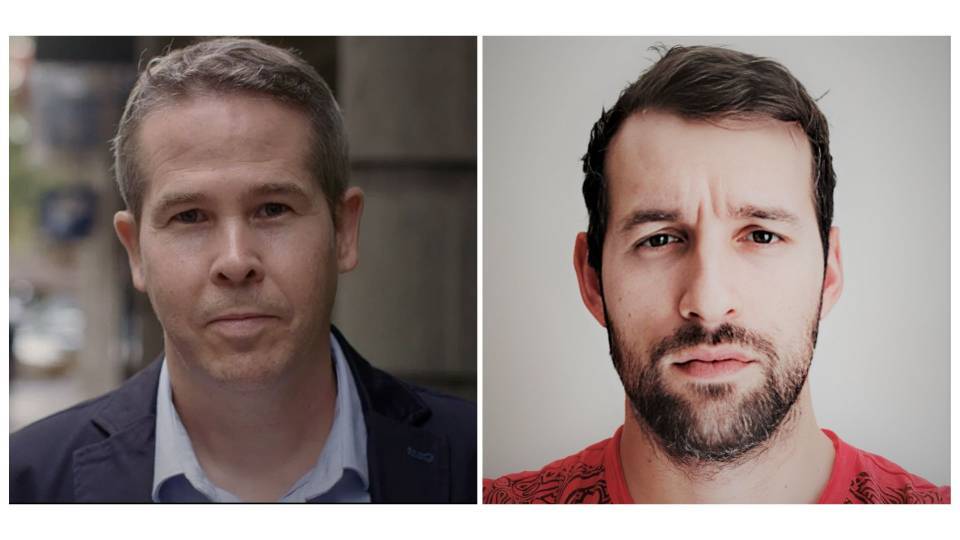Substantiated information by:

Joana Guarch Domenech
Psychologist
Psychiatry and Psychology Department

Victor Navarro Odriozola
Psychiatrist
Psychiatry and Psychology Department
Published: 3 April 2018
Updated: 3 April 2018
The donations that can be done through this webpage are exclusively for the benefit of Hospital Clínic of Barcelona through Fundació Clínic per a la Recerca Biomèdica and not for BBVA Foundation, entity that collaborates with the project of PortalClínic.
Subscribe
Receive the latest updates related to this content.
Thank you for subscribing!
If this is the first time you subscribe you will receive a confirmation email, check your inbox
An error occurred and we were unable to send your data, please try again later.




